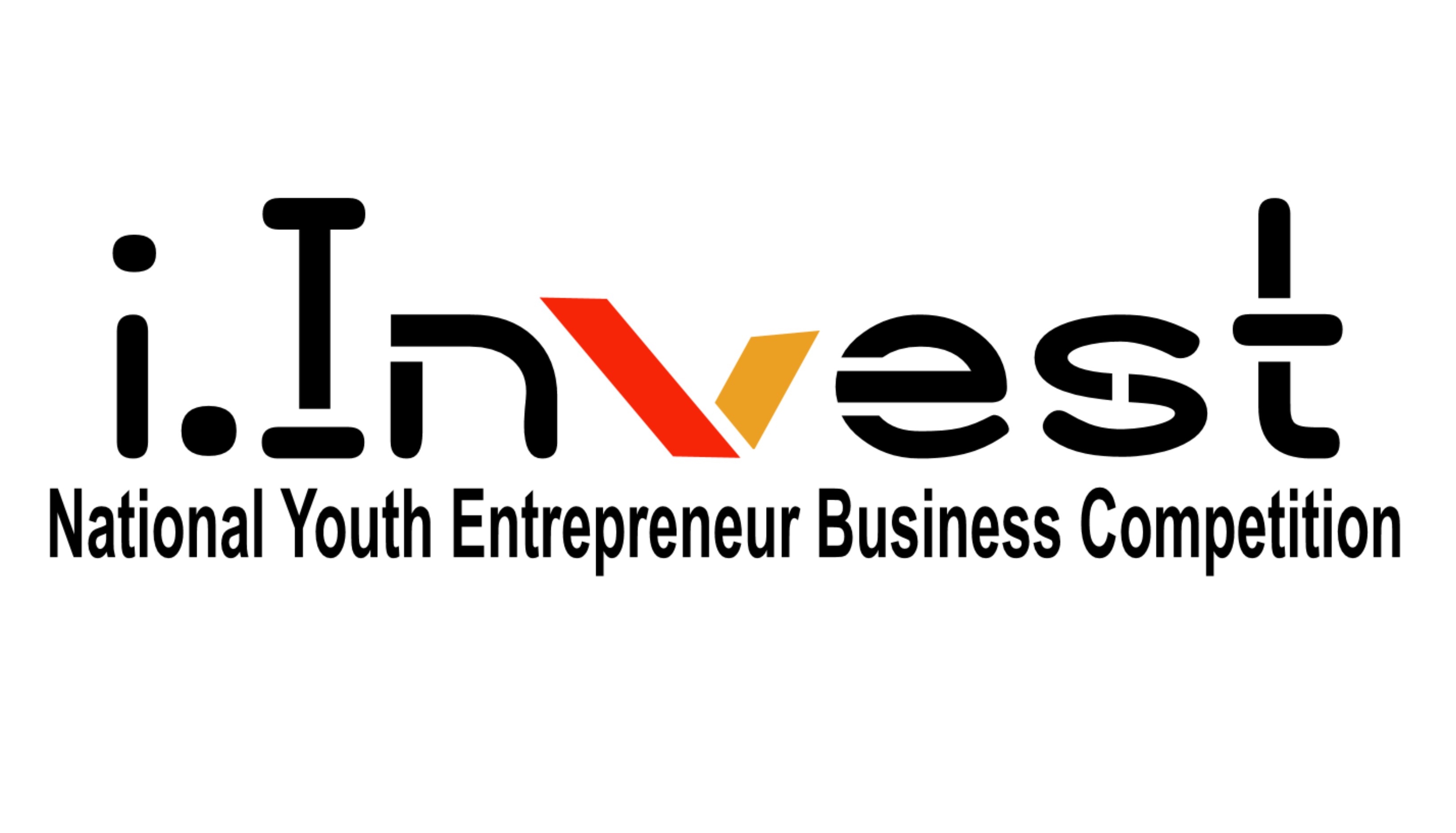19-Year-Old Johns Hopkins University Student Creates Mobile App To Help People Struggling With Menta
- mjackson148

- May 13, 2016
- 2 min read
Shrenik Jain, 19, a student at Johns Hopkins University in Baltimore, Maryland, is one of this year’s competitors in the i.Invest Competition. Although he is without a doubt busy studying both applied math and computer science at one of the finest schools in the country, Jain spends his free time on a mission to help those suffering from mental health issues with his business, Atrium.
Tell us a little about your business.
Atrium is a mobile platform that offers anonymity and support to those suffering from mental health issues. Users can create an anonymous profile, search for the issue most relevant to them, and instantly be connected to other Atrium members with similar struggles as well as trained healthcare professionals. Because Atrium is anonymous, users will feel at ease opening up about their problems, especially because everyone else within the small group can easily relate. Jain brilliantly used natural language processing algorithms that can detect vulgar or malicious content and prevent cyberbullying from occurring in the private groups.
What inspired the creation of Atrium?
While volunteering as an emergency medical technician in New Jersey, Jain was shocked at the number of people who faced mental health issues in his community. “I expected to be heroically carrying maimed bodies away from catastrophic accidents. But many more patients had wounds I could not see,” he said.
The many patients that he encountered during his volunteer work opened his eyes to the lack of mental health resources available to those in need. But, Jain spotted another problem with mental health in America: the social stigma surrounding it. Jain went on a mission to find a way for individuals struggling with mental health issues to get help while remaining anonymous to avoid the fear of being judged. The result? Atrium, which gives users the ability to seek help with just a few swipes of the fingertips without ever having to share personal information with others on the platform.
What challenges will Atrium face?
Jain plans on contacting different institutions such as the military who have mental health providers on-site. If they agree to work with Atrium, these mental health providers will be responsible for mediating conversations on the platform and providing guidance as needed. Therefore, Atrium’s success relies on the ability to secure these types of contracts and show the value of the service to mental health providers. Because there are many rules and regulations regarding the medical field, it’s important that Atrium stay compliant with all laws involving patient confidentiality, such as HIPAA.
How will Atrium impact the world?
Almost 1 in 4 Americans suffer from some sort of mental health issue, and tragically, about two-thirds of these individuals go without treatment. Although 90% of suicides are caused by mental health issues, this isn’t the only outcome for those suffering from these ailments. Many people choose to live in silence about their pain for years, fearing that friends and family will alienate them if they speak their truth. Atrium gives these individuals invaluable access to a private, anonymous peer-to-peer support group that they can use to discuss issues, build confidence and learn how to manage their feelings.
What are the next steps for Atrium?
Atrium has received funding from several non-dilutive sources, including $800 from Johns Hopkins Carey Business School Pitch Competition, $6,000 from Johns Hopkins Business Plan Competition, $10,000 from Johns Hopkins Technology Ventures Grant for Undergraduate Startups and $27,000 in cloud computing resources from Kaiser Permanente.
To stay abreast of Atrium’s progress in the i.Invest competition, visit www.i-investcompetition.com and register for the i.Invest newsletter. Also, to provide support as a mentor or investor, please email info@i-investcompetition.com.
Good luck, Shrenik!





Comments